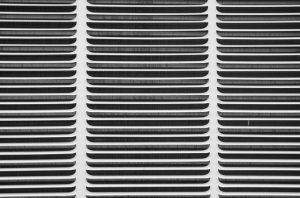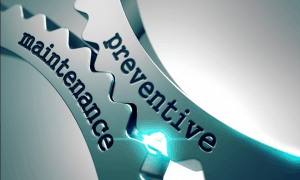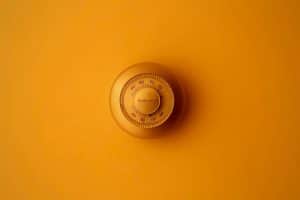
Buying a new HVAC system is actually an opportunity. There have been great strides in efficiency in HVAC systems in recent years. Once you get your new HVAC system installed, you’ll be able to enjoy the benefits of lower energy bills, increased efficiency and less impact on the environment. When it’s time to invest in a new HVAC system, your local HVAC specialist will be happy to help. In the meantime, follow this convenient checklist in order to make the entire process go more smoothly.
1. Prepare
The first thing is to confirm that you need a replacement. Sometimes a newer HVAC system can be repaired with new parts. Your HVAC technician will be able to conduct an inspection so that you can know for sure if you need a new system. Typically, furnaces and air conditioners can last between 10 and 18 years. Be warned, though, that the older the unit it is, the less efficient it will be. You can find out how old your HVAC system is by looking at the maintenance history. Sometimes there will be a card attached to the unit with the dates of installation and service appointments.
2. Research
Next, you’ll want to contact your local HVAC company for help researching viable options. When researching available HVAC systems, consider your existing house size as well as your family size. Consider whether you are planning any remodeling or room additions in the future. This will enable you to narrow down your research so you include HVAC systems that are intended for your needs. You’ll save energy in the long run if you don’t buy too big of an HVAC system that is meant to take care of the energy needs of a much larger house.
3. Shop
Finally, it’s time to shop for HVAC systems that fall within the parameters you’ve set up. In any category, you’ll find a variety of makes to suit your requirements. There are lots of different brands in the HVAC industry. Choose a brand that is endorsed by your local HVAC specialists. They’ll have experience with the different models offered by that brand, as well as easy access to all the parts and accessories for that brand. When shopping for your new HVAC system, consider BTU output, energy efficiency, manufacturer’s warranty, space constraints and cost.
4. Finance
There are financing options for HVAC systems available through your HVAC specialist. You can get attractive loan terms to help you pay for your new HVAC system that allow you to pay over time. Alternatively, you could take out a home-improvement loan or pay with a personal credit card. Speak to your HVAC technician to find out your specific options.
Use this checklist when you’re ready to look into buying a new HVAC system. And remember, we’re here to help you every step of the way. For more information about finding and choosing a new HVAC system, please contact us today.










